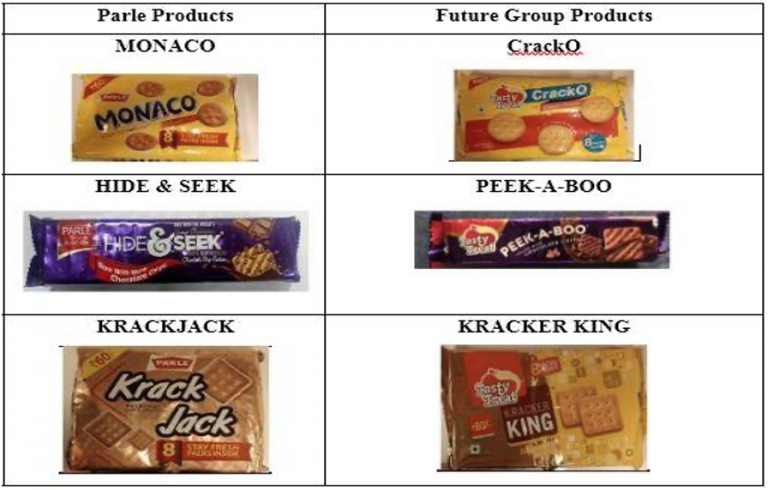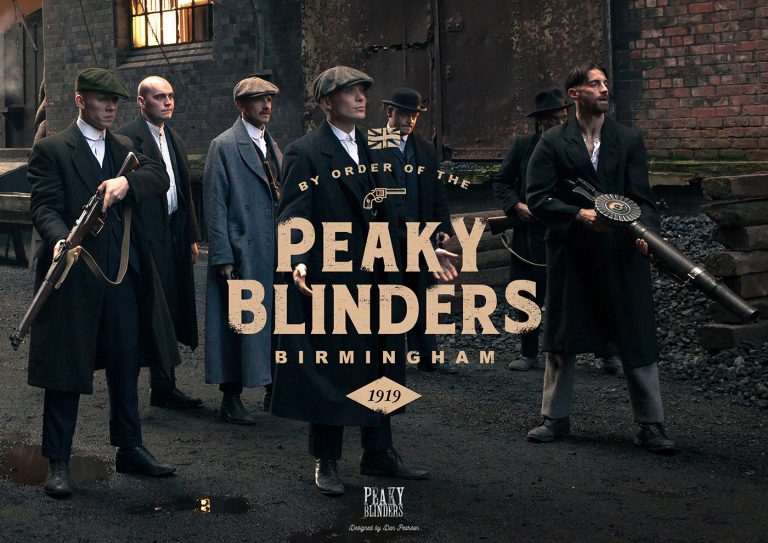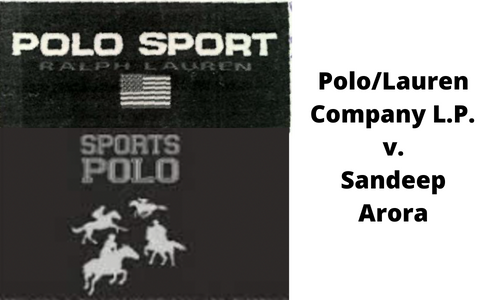Spotify wins trademark lawsuit against ‘Potify’ – a marijuana software company in the US
Both parties offer software, including mobile apps and related services, but they operate in different fields. Spotify focuses on music and other digital content, while Potify focuses on marijuana.
Spotify is a Swedish company that develops and distributes software and services for streaming music, podcasts, and other audio-video content. It launched its business in the United States in 2011. Spotify is best known for its music streaming services, which allow users to locate and stream music (or other content) from a large database of songs, albums (and other content), using mobile and desktop applications for computers, smartphones and other devices (including speakers, televisions and cars). In addition to this ,it also offers and promotes certain music, podcast and video content related to marijuana through its website and mobile app, including podcasts that discuss marijuana-related topics such as the legalization of cannabis, the science behind cannabis and cannabis business matters. It has created video content related to marijuana, such as a short-form video series called ‘Breaking Bread’ featuring marijuana-infused meals hosted by various artists including Ty Dolla $ign and City Girls as part of Spotify’s ‘Rap Caviar’ playlist. Spotify plans to continue use of the SPOTIFY mark with such content, events and services.”
Potify develops sales systems, telemedicine systems, and enterprise resource planning systems. Basically it relies on business-to-business interactions and only sells the platforms and systems to corporations and businesses, not to individual consumers. It also has a Subsidiary Company named IndicaOnline which sells point-of-sale systems for legal marijuana dispensaries. According to Potify, its platform is a backend software platform designed for legal marijuana dispensaries to market and sell their products. This means that it does not sell any products or services to any customers or patients of the legal marijuana dispensaries using the Potify platform and has no involvement in transactions between the dispensary and patient or customer other than providing the backend software platform. The date of first use for the Potify mark’s was on January 1, 2017.
Potify platform is intended to be used by dispensaries, it is not just limited to identification of goods. It has also admitted that dispensaries are able to create a mobile application or website exhibiting the dispensary’s unique branding. This will save a lot of time of customers of the dispensary as they will be able to view the dispensary’s menu, place orders online or via the mobile application, and schedule pickup or delivery of the dispensary’s products, using the Potify platform.
Spotify’s opposition was based on a US trademark registration for the mark Potify, and the claim was that the mark Potify would lead to both consumer confusion and trademark dilution by way of tarnishment and blurring.
Spotify believes that because “pot” is “a colloquial name for marijuana,” an illegal drug under federal law, “consumers will associate the Potify mark with the promotion of marijuana use,” and with the Spotify mark. According to Spotify, any “association of marijuana-related goods and services with the Spotify mark is likely to tarnish its mark.”
On this Potify’s lawyer contended that Potify wanted a name that referenced being used in the marijuana industry and came up with the name “Potify” after considering and rejecting the names “Pot Finder” and “Weedify.” They selected this name as there was no other company operating with that name. They did not even think of Spotify or anything associated with it . It was said that the Potify mark came from ‘Pot’, a common pseudonym for marijuana, with the fancy suffix ‘-IFY,’ and means that marijuana can be found. It was also specified that the reason for picking up the name Potify was that from the word “Shopify”.
Spotify had also produced evidence which proved that it “promotes its products and services under the Spotify mark to a wide variety of consumers which includes all age groups and across all geographic regions in the U.S.” It has been advertised in national publications, including Rolling Stone, Vanity Fair, The New York Times Billboard, and The Washington Post, as well as on major TV and radio networks. President Obama once expressed his willingness to work at Spotify, after which the company created a “President of Playlists” job posting in January 2017 with the credentials that only he possessed. This marketing effort became so successful that it was the number one trending moment on Twitter.
Spotify also had more monthly users than most U.S. States had residents. This showed that a large percentage of Americans are users of or subscribers to Spotify goods and services. Spotify showed that it has 23.3 million likes on Facebook, 5.3 million followers on Instagram, and 1 million subscribers on YouTube. There was also empirical evidence presented in the Court that a substantial portion of the U.S. population is aware of the brand. This proved that there is a widespread recognition of the mark.
Spotify also owned registration on the Principal Register in standard characters for nearly 13 years with no claim of acquired distinctiveness. All these reasons showed that the mark is famous.
What does Dilution by blurring mean?
Dilution by blurring is “an association arising from the similarity between a mark or trade name and a famous mark that impairs the distinctiveness of the famous mark.” It occurs when a substantial percentage of consumers, on seeing the junior party’s mark on its goods, are immediately reminded of the famous mark and associate the junior party’s mark with the owner of the famous mark, even if they do not believe that the goods emanate from the famous marks’ owner.”
To consider whether the applicant’s use of its mark will likely cause dilution by blurring, following things should be considered:
- Degree of similarity between applicant’s mark and opposer’s famous mark
- Degree of inherent or acquired distinctiveness of Opposer’s mark
- Extent to which opposer is engaging in the substantially exclusive use of its mark
- Degree of recognition of opposer’s mark
- Whether the applicant intended to create an association with opposer’s SPOTIFY mark
- Any actual association between applicant’s mark and opposer’s mark
The following observations were made by the Judge:
- The marks are strikingly similar in “appearance, sound, connotation and commercial impression.” In fact, they share the letters P-O-T-I-F-Y, with that being the entirety of Potify’s standard character mark and the literal element of its other mark. The only difference was that of the letter “S” other all letters were similar. Potify’s marks consist of the final six letters of Spotify’s seven-letter mark. There is no evidence that either Spotify or Potify have any meaning; they both appear to be coined, fanciful terms. Even if we presume that Opposer’s mark will be perceived as a reference to the word “spot,” and that Applicant’s will be perceived as a reference to the word “pot,” because the marks are so similar in appearance and sound, the marks will engender similar commercial impressions
- Spotify’s mark is highly distinctive as it is among the most highly recognized marks in the United States and a substantial portion of the United States population regularly uses Spotify products and services. Most importantly it is a principal register of the United States.
- The use of Spotify is substantially exclusive because it enforces its rights in the Spotify mark vigorously, including through demand letters, and domain name and Board proceedings. This factor also goes in favor of finding dilution by blurring.
- So from above it can be inferred that the Spotify mark is widely recognised in the United States.
- The Judge was not at all persuaded by the claim made by Potify’s two founders that “the Spotify name did not come to mind when developing the name Potify.” The judge said that “it defies logic and common sense that a long-time, frequent Spotify user and another long-time Spotify user, jointly came up with the highly similar name Potify” without reference to Spotify. This showed that they wanted to create an association with the Spotify mark.
- Potify apparently intended to create an association with the Spotify mark. There was a Google search performed by Spotify for the Mark “Potify” which was shown after 329,000,000 results. All the results were shown for the mark “Spotify”. There was no direct evidence that anyone has associated Potify with Spotify but it was inferred that such an association has occurred or will occur in the future.
In a similar case in the UK, there was the recent trademark infringement case of Combe International LLC and Dr August Wolff, which involved “non-prescription female intimate healthcare products”. The owner of the trademark registration for Vagisil sued a competitor who was using the trademark Vagisan.
It was held that the mark Vagisan is “very, very similar” to Vagisil, noting that it is also used in relation to goods that are very similar to those covered by the registration. In assessing the likelihood of confusion, the judge postulated the notional customer, and came up with someone very specific: a woman (over 18) who wants to treat her condition, someone who is likely to purchase in-store rather than online, and someone who is likely to exhibit a degree of embarrassment, which may result in her displaying a lesser amount of attentiveness. The judge concluded that there was a strong risk of confusion bearing in mind the similarity of the marks and the similarity of the goods. It’s worth noting that in this case there was in fact evidence of actual confusion, which carries weight with the courts.
The effect of the judgment in this present case is that the founders of Potify cannot register their mark. Since the marks are so similar in how they look and sound and, in their structure, cadence and essential nature, the Potify’s mark will cause consumers to “conjure up” Spotify’s famous mark and associate the two.
This case studay was written by Kinnari Bhatt during her internship at MikeLegal
References:






